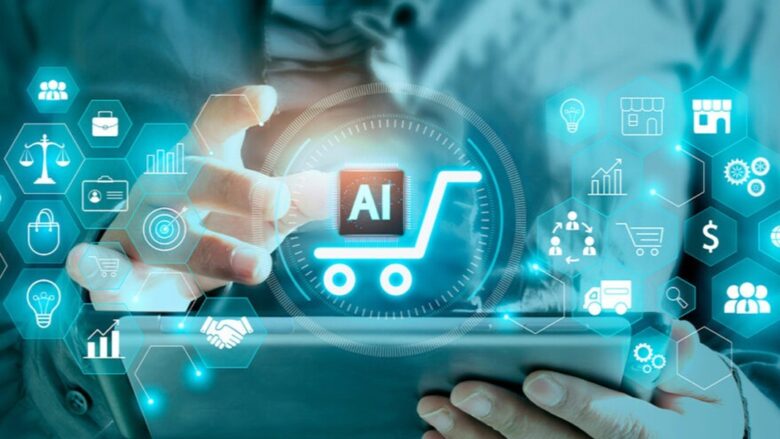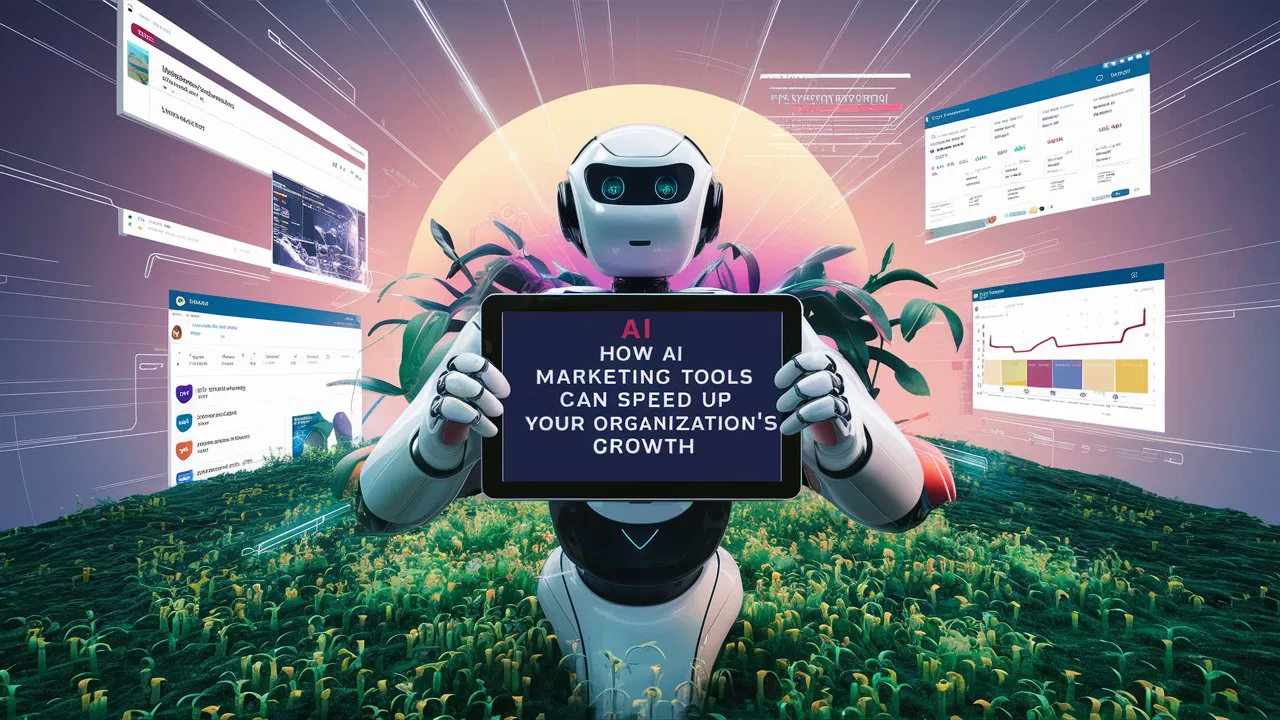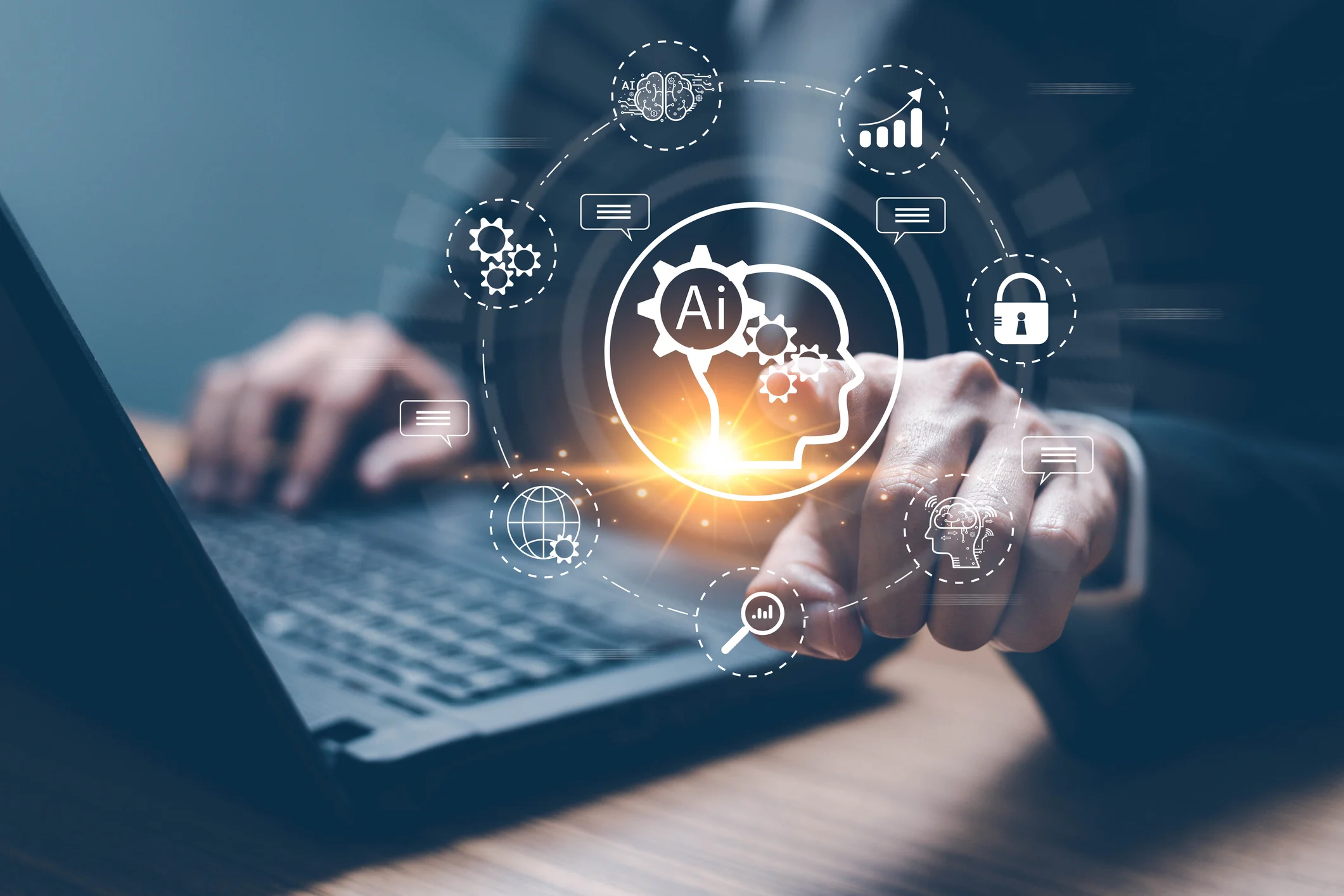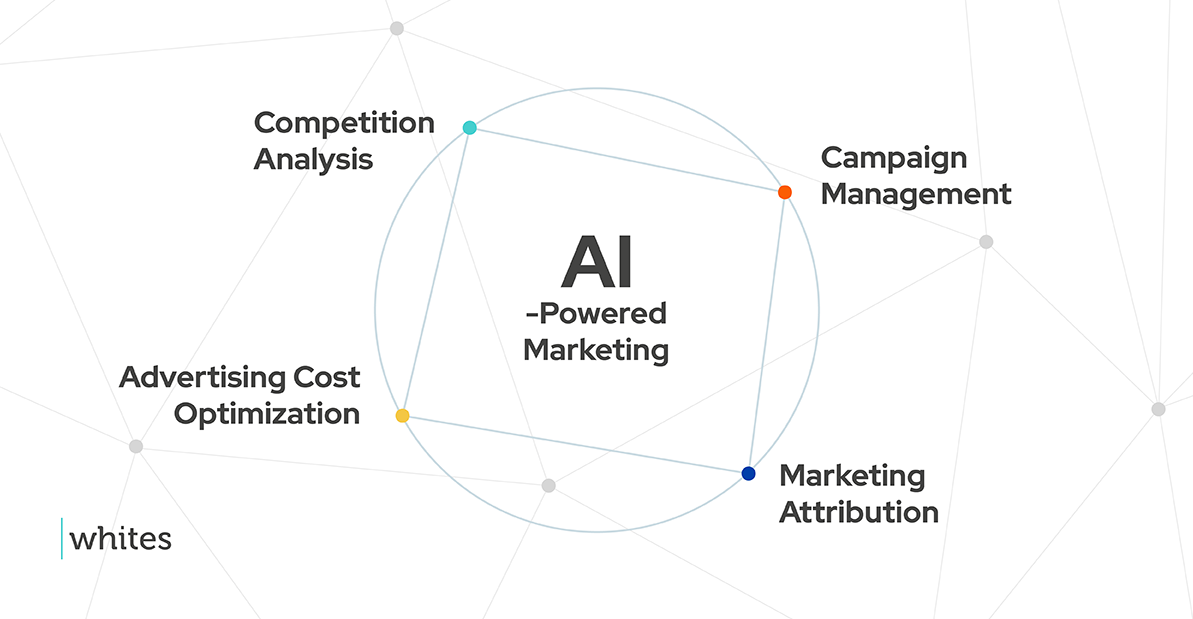AI-powered marketing enables marketers to scale personalized strategies and optimize campaigns for maximum impact. Adopting AI requires taking seven essential steps. These seven AI marketing strategies include personalization, automation of responses on social media platforms, content production and curation, customer service, data-driven decision making and more. 1. AI-Powered Automation AI-powered automation handles repetitive tasks so …
AI can help marketers work more efficiently and gain a deeper understanding of their audience, leading to hyper-personalization at scale that drives increased sales and customer engagement. AI can also automate repetitive marketing tasks, freeing marketing teams to focus on more creative work. This process automation reduces human error and saves time. 1. Artificial Intelligence …
Personalizing at scale requires a dedication to customer centricity – this involves making every customer feel understood and valued. AI can assist brands in creating personalized customer experiences that drive loyalty and revenue growth, as well as provide insightful data into customer behavior that informs business decision-making processes. AI-powered chatbots and virtual assistants AI in …
AI marketing can be an invaluable asset for optimizing campaigns and increasing ROI, but to do this effectively requires taking an organized approach. Set clear objectives, select appropriate models, and closely monitor campaigns to ensure success – this way AI will unleash its full potential and help increase marketing campaign ROI. AI-powered tools use vast …
AI tools help boost productivity by automating various tasks and processes, as well as providing marketers with insights to enhance their digital marketing strategies. Consumer experiences provided by these providers are customized based on consumer behavior and preferences, leading to greater customer engagement and stronger brand loyalty. Grammarly Grammarly is a popular editing tool used …
Data conversion is a complex task, which necessitates more than simply file type conversion or database migrations. Proper planning must take place to account for resource limitations and complexity of data. Asses each AI tool against practical criteria such as how quickly it integrates with existing systems and whether team members can quickly learn it. …
AI can increase marketing ROI by improving team performance and campaign personalization, and by providing data-driven decision making. AI automates repetitive marketing tasks to streamline marketing campaigns and reduce human error, freeing marketers up to focus on strategic activities that create value for customers. However, companies can become too dependent on technology and fail to …
AI holds great potential to change our world for good, increasing productivity, lowering environmental impacts and improving human health – yet misused could cause irreparable harm. Integrating ethics into AI development is paramount; creating a solid ethical basis facilitates transparency, accountability and fairness when creating technology solutions. 1. Don’t Repeat Yourself Ethical AI development can …
AI marketing tools enable marketers to work smarter, faster, and more efficiently – this includes predictive analytics and customer insights; personalized experiences for their target customers; automated decision making capabilities – helping marketers be more agile. AI can automate some tasks, like data analysis, but cannot replace human marketers. Marketers must continue contributing creatively and …
Content creation can be an arduous and time-consuming task, yet AI technology offers marketers an efficient solution that saves both time and resources while creating engaging, useful material. AI can take personalized content creation to the next level by producing tailored articles on an individual customer basis and optimizing article headlines to increase visibility across …










